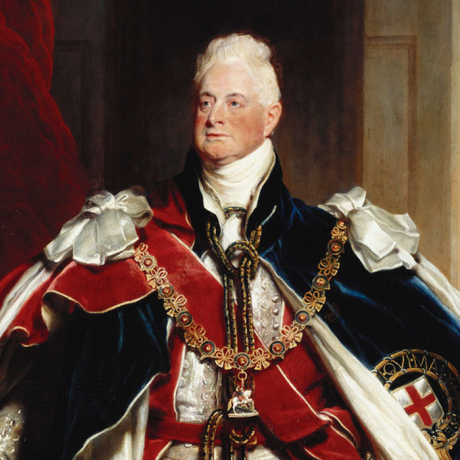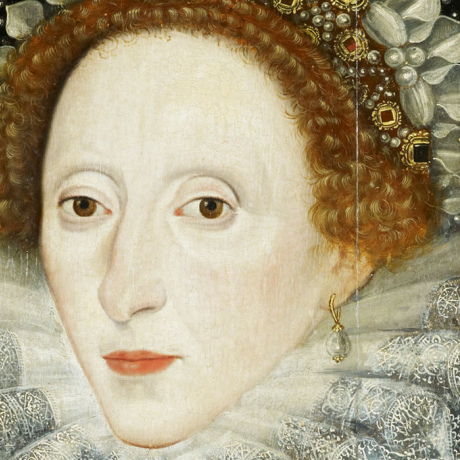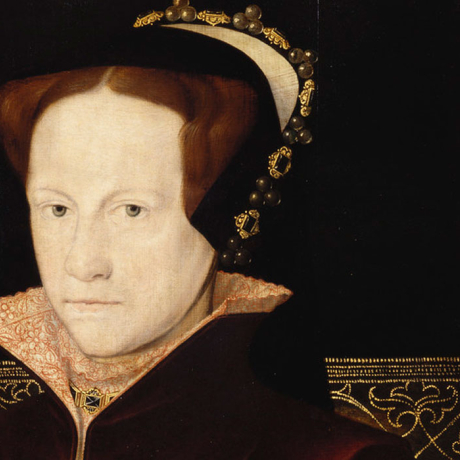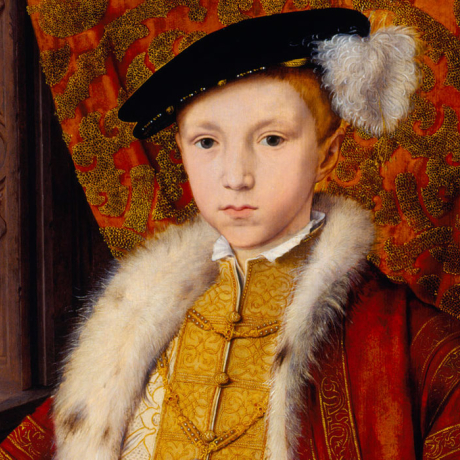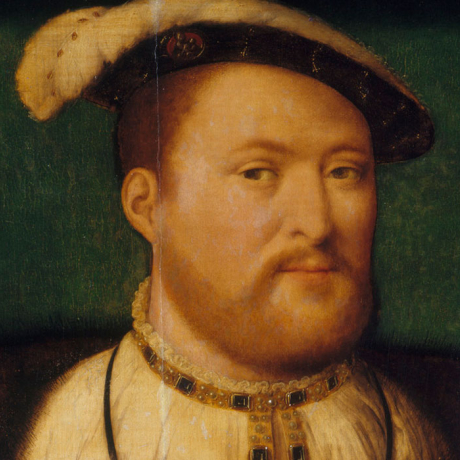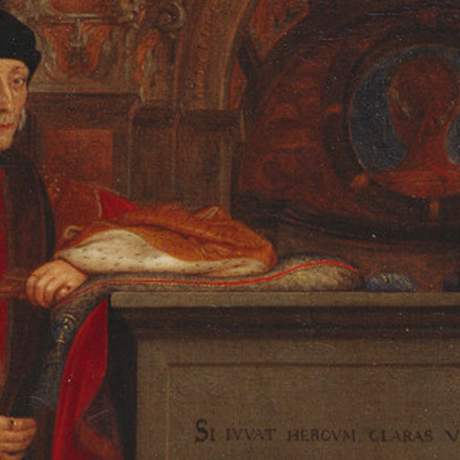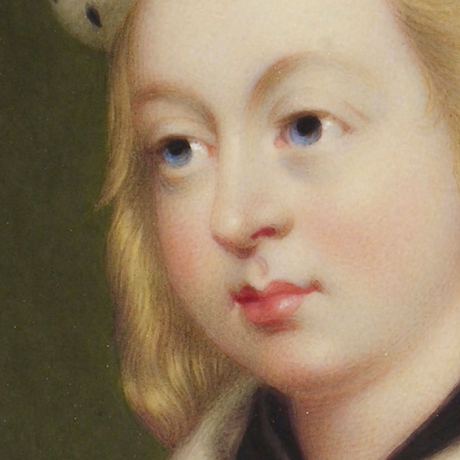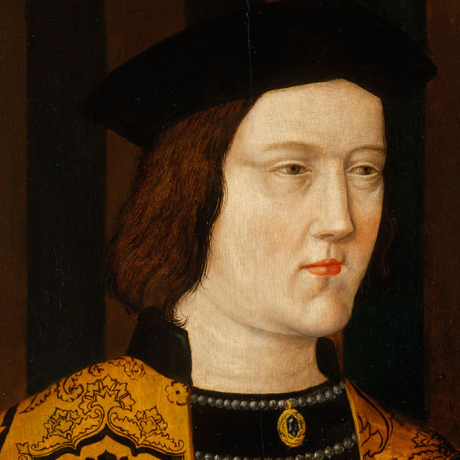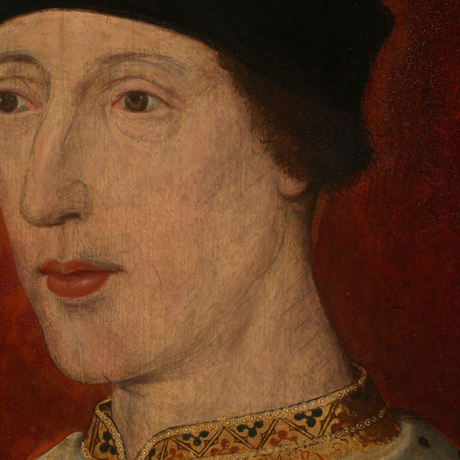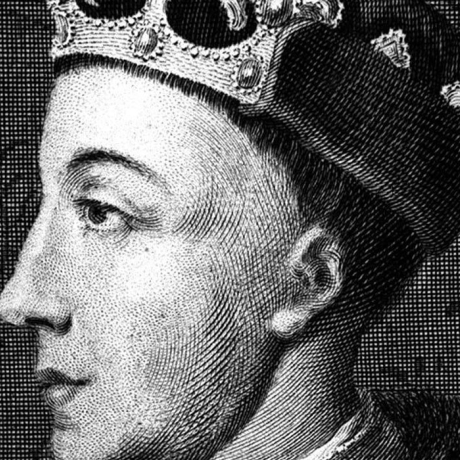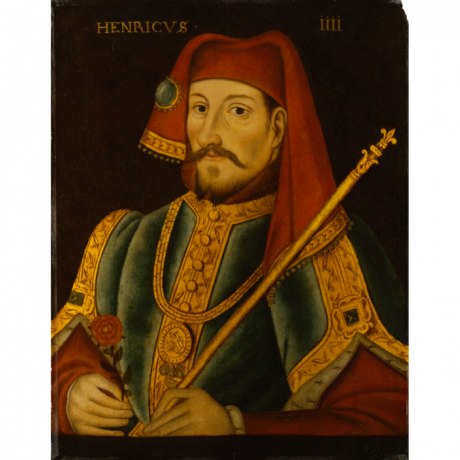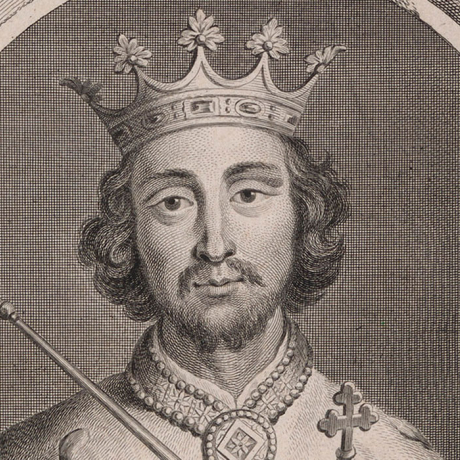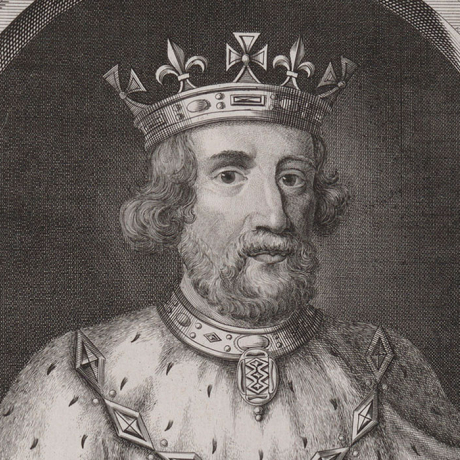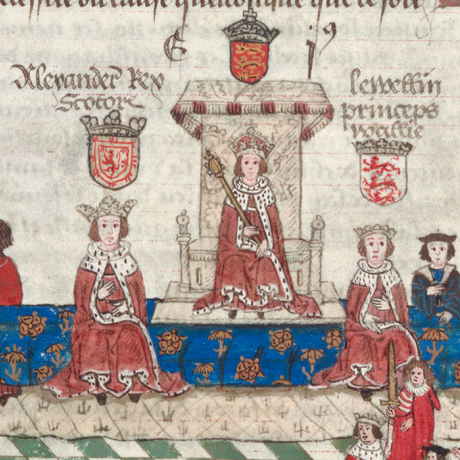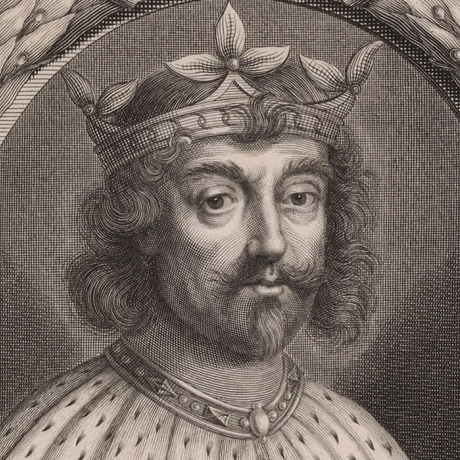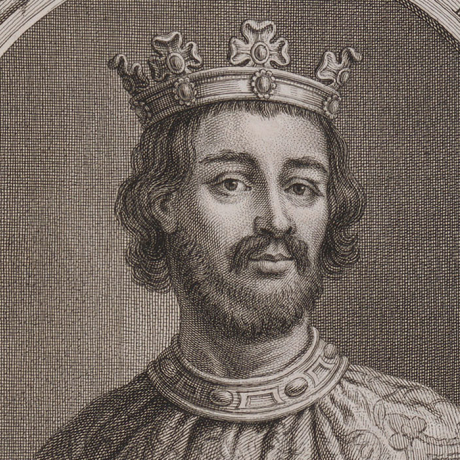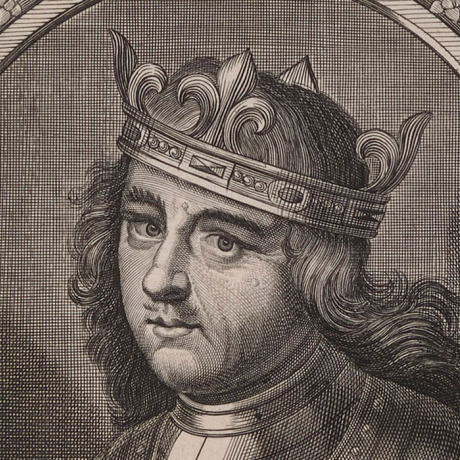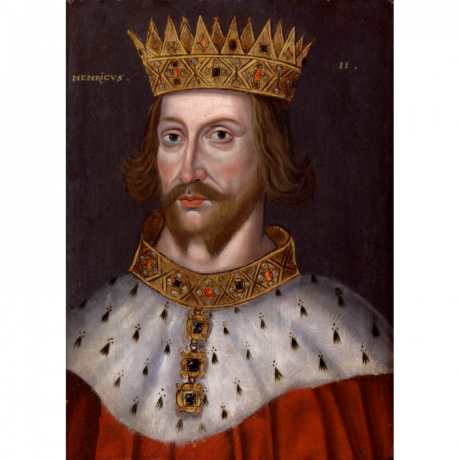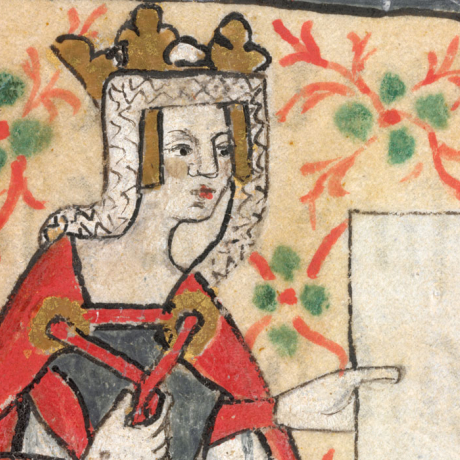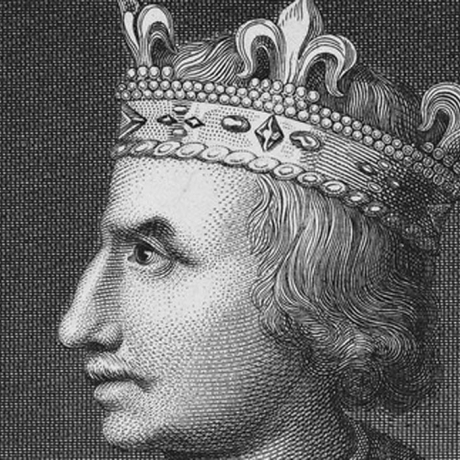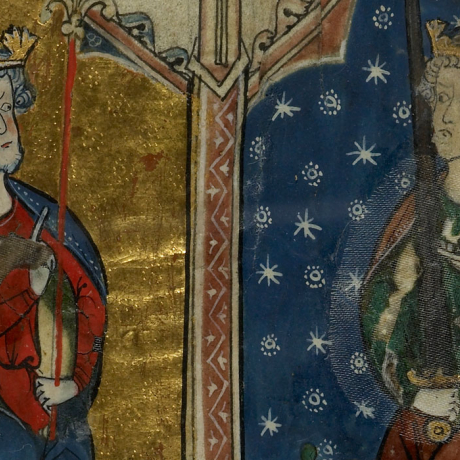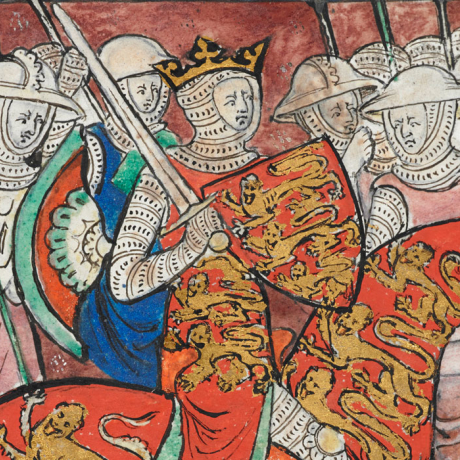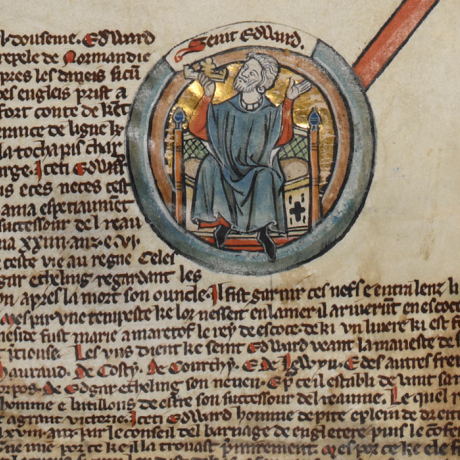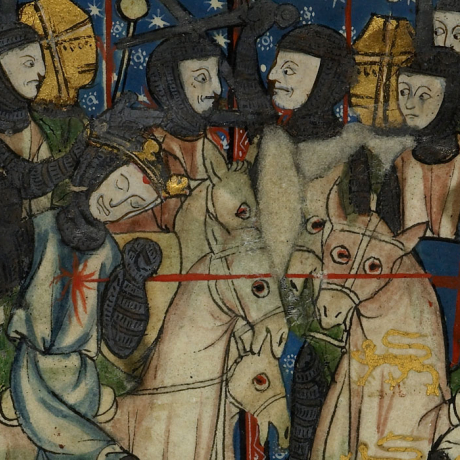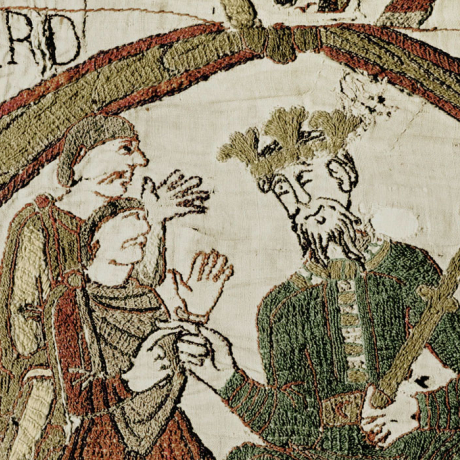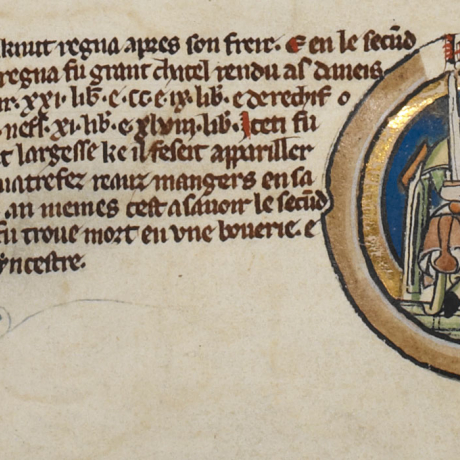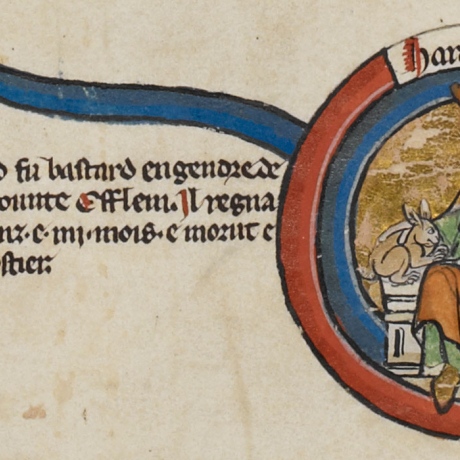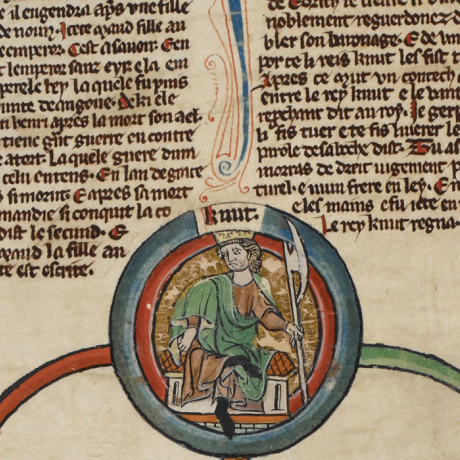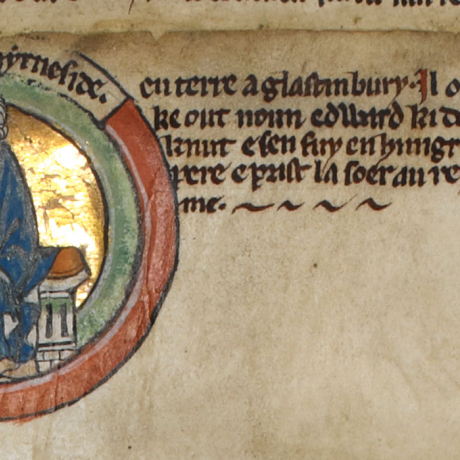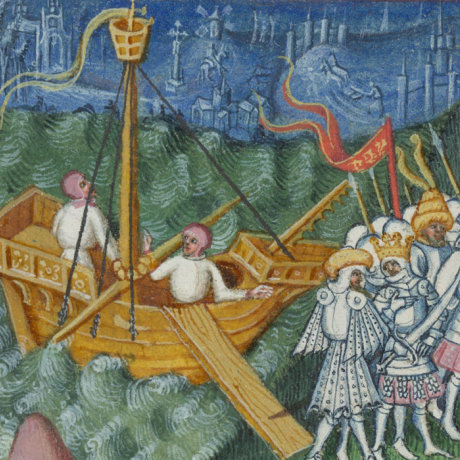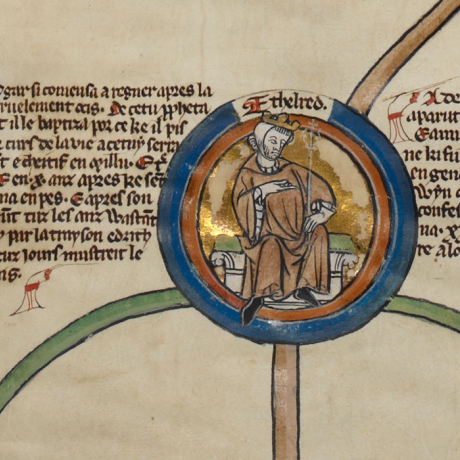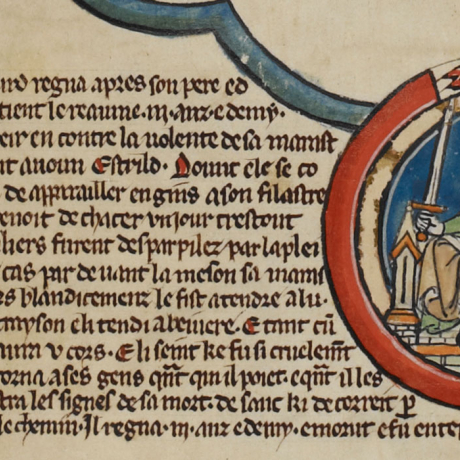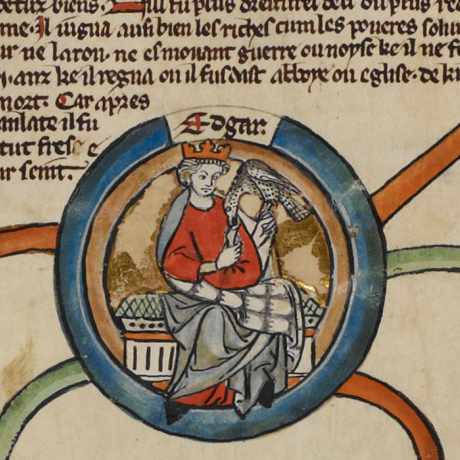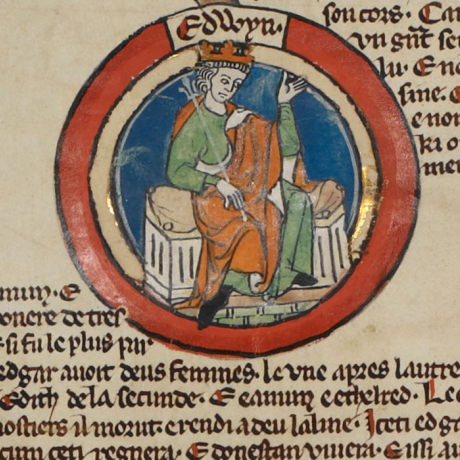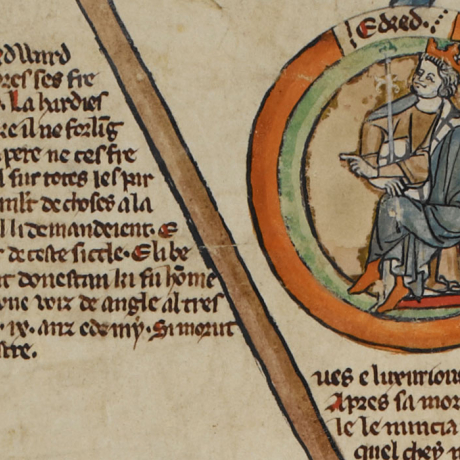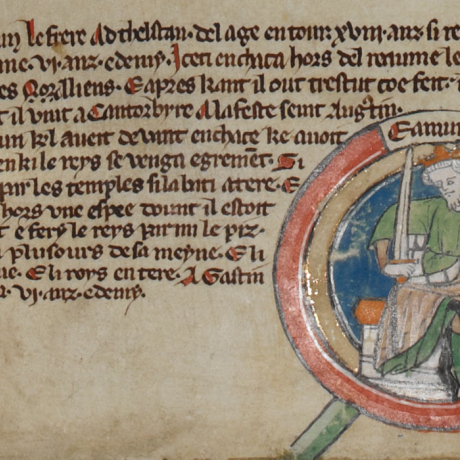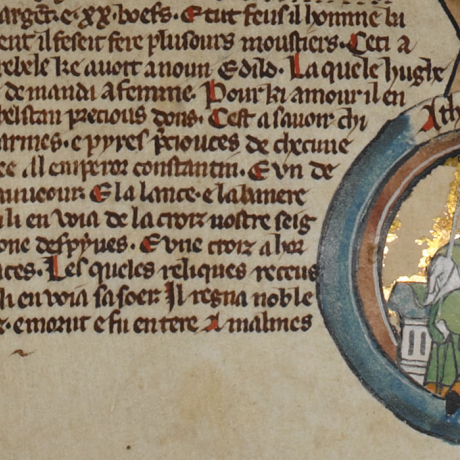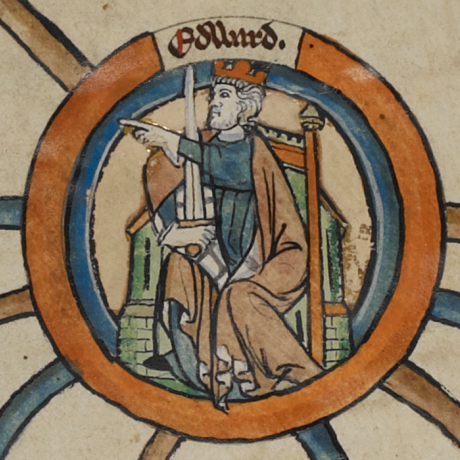Richard III deposed his nephew, the young Edward V, on receiving evidenced that Edward IV had a marriage contract with Lady Eleanor Butler before his marriage to Elizabeth Woodville, thus making all of Edward and Elizabeth's children illegitimate. Edward V and his younger brother Richard were housed in the tower: their date of death is not known, but Tudor historians claimed Richard III was responsible.
On becoming king, Richard attempted genuine reconciliation with the Yorkists by showing consideration to Lancastrians purged from office by Edward IV, and moved Henry VI's body to St George's Chapel at Windsor. The first laws written entirely in English were passed during his reign. In 1484, Richard's only legitimate son Edward predeceased him.
Before becoming king, Richard had had a strong power base in the north, and his reliance on northerners during his reign was to increase resentment in the south. Richard concluded a truce with Scotland to reduce his commitments in the north. Nevertheless, resentment against Richard grew.
On 7 August 1485, Henry Tudor (a direct descendant through his mother Margaret Beaufort, of John of Gaunt, one of Edward III's younger sons) landed at Milford Haven in Wales to claim the throne.
On 22 August, in a two-hour battle at Bosworth, Henry's forces (assisted by Lord Stanley's private army of around 7,000 which was deliberately posted so that he could join the winning side) defeated Richard's larger army and Richard was killed.



